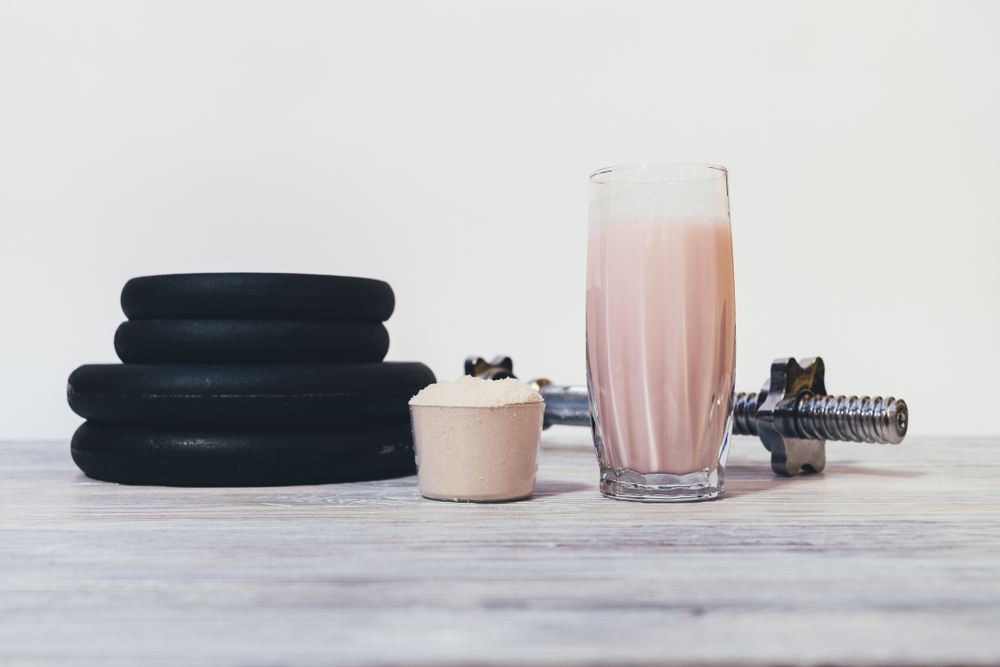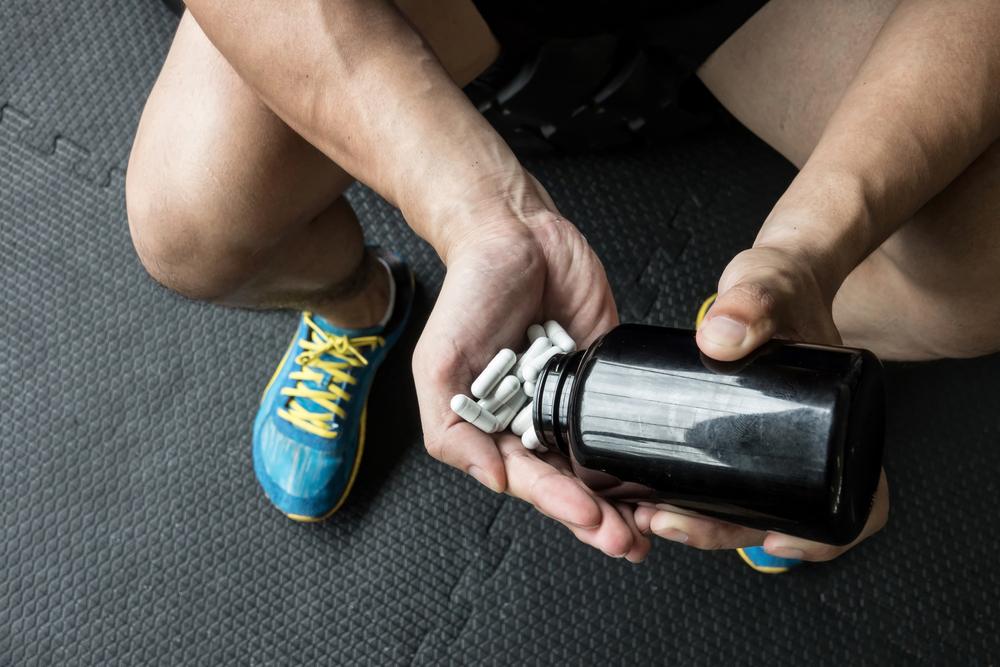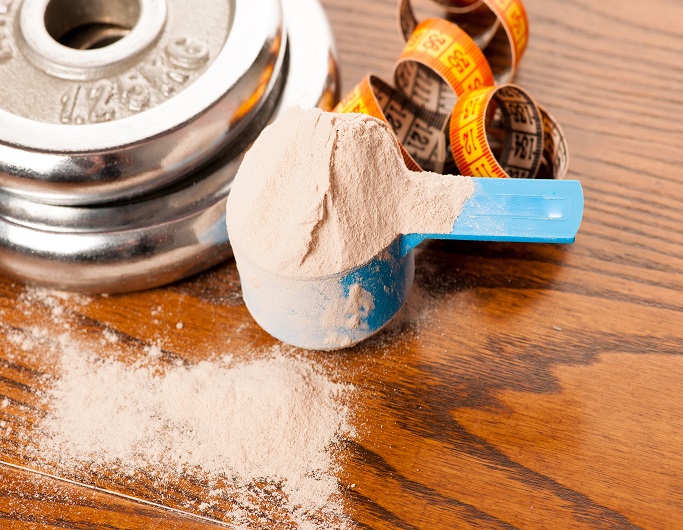
Milk Protein For Recovery
Milk Protein is a highly pure form of protein that is comprised of casein and whey proteins (typically around an 80%- 20% ratio). Taken from filtered milk, the constituents of Milk Protein are gradually purified leaving a very effective protein source that is gradually released into the body over a period of hours, rather than minutes. The high protein content and rich amino acid profile of Milk Protein make it an ideal choice for whenever protein is not immediately required by the body. In this article we look into Milk Protein, its properties and what makes it such an important and widely used choice for athletes and bodybuilders for recovery.
Milk Protein and Recovery
Recovery is an ongoing process, with the body constantly trying to adapt to the demands of the last workout it was put through. The process of building muscle tissue is constant and that’s why having a rich supply of amino acids is essential for recovery. Milk Protein helps the recovery process by providing a sustained release of amino acids, with peak absorption at 3-4 hours then total absorption occurring at around 7 hours. This is vitally important when you think about when the body adapts to the stresses of training; during recovery. When recovering, Milk Protein has many advantages over other protein types.
Milk Protein and Whey Protein
 If recovery is defined as ‘the time, whilst not training, that the body is repairing itself’ then every minute of this can be used to enhance training benefits. Milk Protein can be constantly used by the body to rebuild muscle tissue and generally this is taken in through meals and snacks. In this capacity, Milk Protein is unique. Milk Protein can be gradually used by the body throughout the day/night and enhances the effects of other proteins such as Whey Protein. When taken alongside Whey Protein, studies have shown Milk Protein to increase the amount of muscle tissue the body the body produces. Milk Protein has also been shown to increase the duration that this elevated level occurs for.
If recovery is defined as ‘the time, whilst not training, that the body is repairing itself’ then every minute of this can be used to enhance training benefits. Milk Protein can be constantly used by the body to rebuild muscle tissue and generally this is taken in through meals and snacks. In this capacity, Milk Protein is unique. Milk Protein can be gradually used by the body throughout the day/night and enhances the effects of other proteins such as Whey Protein. When taken alongside Whey Protein, studies have shown Milk Protein to increase the amount of muscle tissue the body the body produces. Milk Protein has also been shown to increase the duration that this elevated level occurs for.
When taken on its own, Milk Protein does not stimulate protein synthesis as much as other protein types (such as whey) but Milk Protein does have impressive anti-catabolic effects. Catabolism is when the body breaks down complex cellular molecules to release energy to feed itself. In a training context this generally means muscle proteins are broken down, which is not desirable since we are trying to build up muscle tissue. Milk Protein prevents this from happening by providing a sustained release of amino acids as it is gradually digested by the body.
Milk Protein and Training
Milk Protein can be used for anybody training, regardless of their goals. Athletes, bodybuilders and anybody training are in a constant state of recovery and could benefit from supplementing with Milk Protein. This state of recovery is a direct result of the stress of training: the body needs to rebuild stronger from each session and so requires protein. Milk Protein ensures a constant amount of amino acids get to the muscles over a prolonged period. No matter how much whey based protein is ingested, there will always be some degree of muscle tissue breakdown. Unless, that is, you have constant source of slow releasing amino acids. Milk Protein provides that and really helps fuel recovery (and therefore results) throughout the day/night.






No Comments yet!